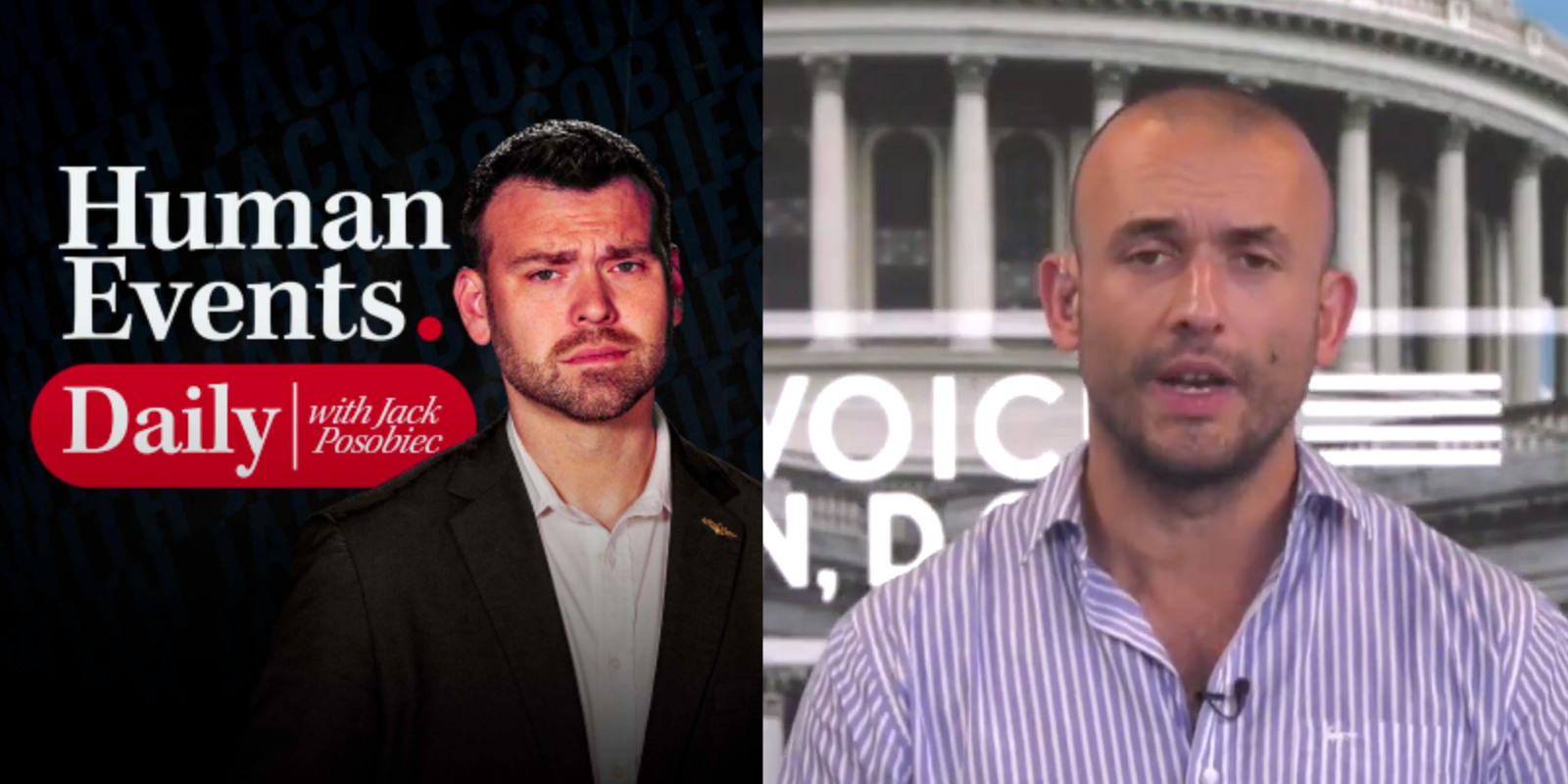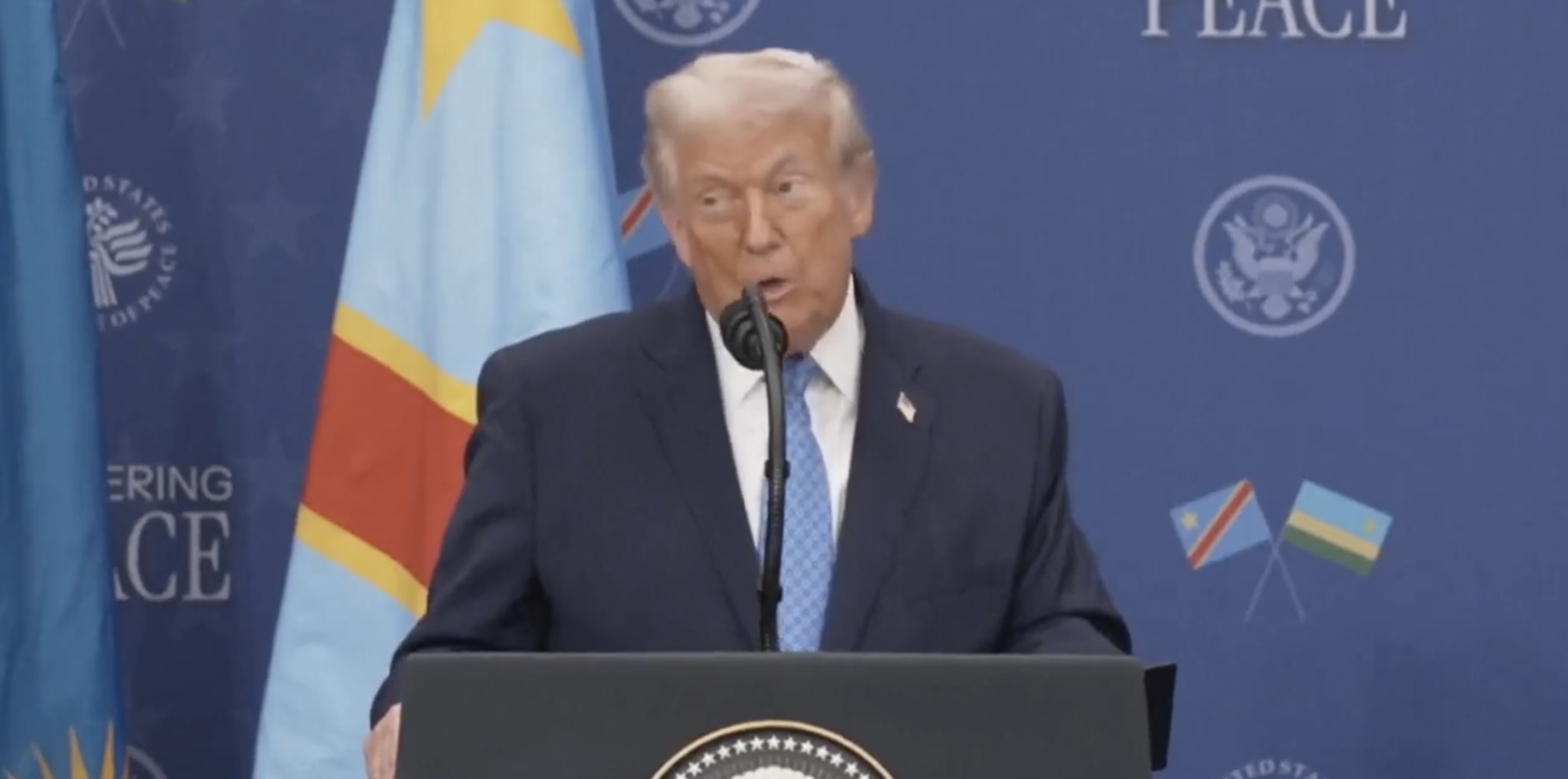On Tuesday night, residents of Georgia, a small ex-Soviet country in Eastern Europe, took to the streets, throwing rocks and petrol bombs at police officers over parliament’s initial backing of a draft law requiring organizations to register as "foreign agents" if they receive overseas funding.
In the capital city of Tbilisi, police used water cannons and tear gas to attempt to disperse thousands of protestors who clashed with officers armed with riot shields. At least three petrol bombs were thrown at officers, according to Reuters.
Those suffering from the effects of tear gas were treated on the steps of the parliament building.
The law would require organizations receiving more than 20 percent of their funding from overseas to register as "foreign agents," or be issued fines.
Earlier that day, the law passed its first parliamentary reading.
Opponents of the law say that it could harm the country’s chances at receiving European Union membership, and that it resembles a 2012 Russian law that has been used to crack down on dissent in the country.
Georgian President Salome Zourabichvili said she was on the ride of the Georgians taking to the streets, saying that she would veto the law if it reaches her desk.
"You represent a free Georgia, a Georgia which sees its future in the West, and won't let anyone to take this future away," she said in a recorded address.
"Nobody needs this law ... everyone who has voted for this law has violated the constitution," she said. If vetoed by Zourabichvili, Parliament can override her veto.
30-year-old protestor Demetre Shanshiashvili told Reuters, "I came here because I know that my country belongs to Europe, but my government doesn't understand it."
"We are here to protect our country because we don't want to be part of Russia again", he added.
Some protestors carried Georgian, EU, and US flags, shouting "No to the Russian law", and "You are Russian" at politicians inside the legislature.
Georgian Prime Minister Giorgi Garibashvili expressed his support of the law, speaking from Berlin on Tuesday afternoon, saying it met "European and global standards."






